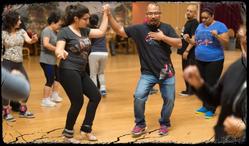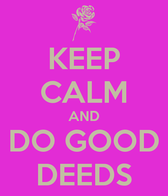The Hardships of Promoters
I am writing to address a persistent misconception about the role of dance promoters in our industry. It is essential that we recognize their efforts, risks, and contributions to bring dance events to life.
One misconception is that promoters always earn more money than the artists they support. This is not true. Event promotion involves inherent risks, where profits are never guaranteed. When events fall short, promoters face financial challenges, hounding from creditors, legal troubles, and even bankruptcy. Rumors and gossip damage promoters' reputations.
Promoters invest significant time, effort, and financial resources to organize and execute events, which highlights the considerable personal and professional risks. Promoters face uncertainties and hardships, and so it is essential to recognize the complexity of a promoter's role, offer support, and foster a collaborative industry culture.
Let us create a supportive culture, where promoters are acknowledged for their role, and receive the support they need, both in success and failure. The emotional toll of being a dance promoter is palpable, and they deserve recognition and appreciation for the risks they take and the contributions they make.
However, promoters face many challenges in building genuine relationships, as even friends can sometimes turn their backs. This adds an additional layer of difficulty to an already challenging profession. Furthermore, it's disheartening to see newcomers in the industry lacking professional courtesy, organizing events that divide our community.
In conclusion, let us come together as a dance community, united in our understanding and appreciation of the challenges and contributions of dance promoters. Let's foster an environment that acknowledges their role, supports their endeavors, and offers them the recognition they deserve. By doing so, we can uplift each other, celebrate our collective achievements, and create a stronger, more empathetic industry culture.
The thought of a dance industry without promoters for a year or two raises important questions about the sustainability and livelihoods of dance teachers, performers, and DJs who rely on a steady stream of gigs throughout the year. Would they be willing to take on the daunting task of organizing festivals themselves, knowing the inherent risks involved? This scenario forces us to reflect on the critical role that promoters play in creating opportunities and supporting the dance community. It emphasizes the need for collaboration and support within the industry to ensure its continued growth and provide stability for those who dedicate their lives to dance.










 RSS Feed
RSS Feed
